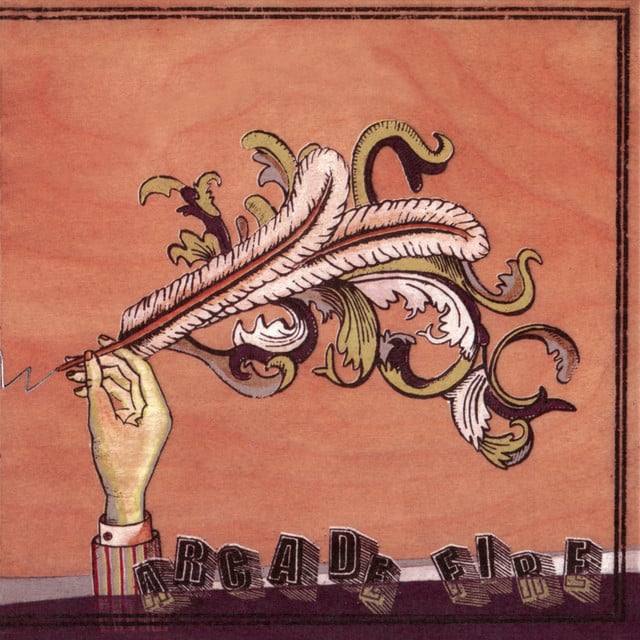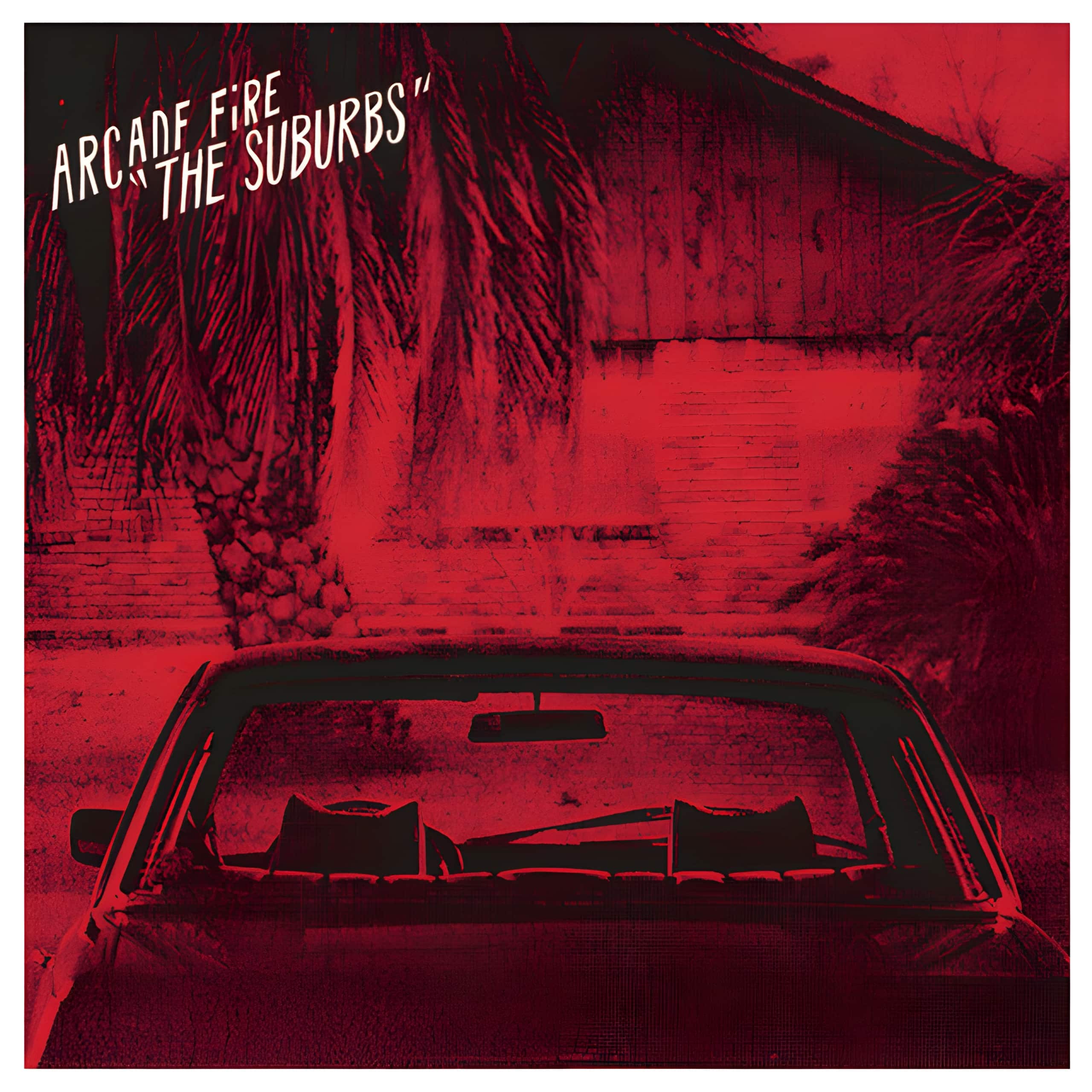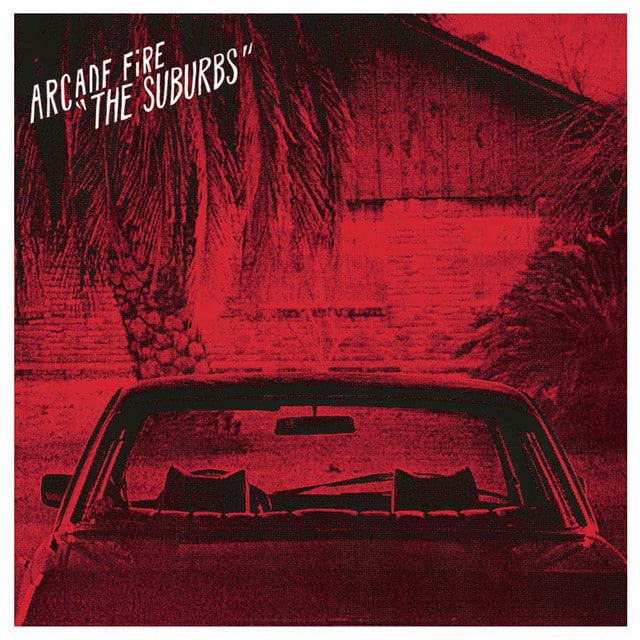Released: 2017
“Everything Now” by Arcade Fire is a compelling critique of consumer culture and the hollow fullness of modern life. The song masterfully combines upbeat, disco-influenced sounds with lyrics that delve into themes of overconsumption, existential emptiness, and the craving for genuine human connections amid the clutter of materialism. Let’s break it down to get to the heart of its message.
The opening lines, “Every inch of sky’s got a star / Every inch of skin’s got a scar,” set the stage by juxtaposing natural beauty and personal pain with the idea of having “everything now.” It’s a powerful opener that immediately signals the song’s exploration of the depths beneath its seemingly shiny surface. The mention of scars hints at the pain and experiences that shape us, suggesting that even in a world where everything is available, there’s still suffering and loss.
As the song progresses, it delves further into the saturation and clutter of modern life. “Every inch of space in your head / Is filled up with the things that you read” speaks to the overwhelming influx of information we’re constantly bombarded with. Similarly, “Every song that I’ve ever heard / Is playing at the same time, it’s absurd” captures the cacophony of constant stimulation. This isn’t just about physical possessions; it’s about the mental and emotional clutter that comes from living in a world where everything demands our attention.
The chorus, with its repetition of “Everything now!” alongside expressions of need, want, and inability to live without, serves as a satirical take on consumerist desires. The song cleverly criticizes the way we’ve been conditioned to feel incessantly unsatisfied, always needing more yet never truly fulfilled. It’s a catchy yet biting commentary on how our consumption habits are engineered to keep us wanting, trapped in a cycle of perpetual dissatisfaction.
Moving to the familial aspect, “Daddy, how come you’re never around? / I miss you, like everything now” adds a layer of personal heartache to the societal critique. It suggests that amidst all this material abundance, what’s truly missing are meaningful connections and presence. These lines highlight the emptiness that can exist within a “happy family” façade, emphasizing that material wealth can’t compensate for emotional neglect or absence.
In the latter part of the song, the repetition of “La la la la la, la la la” feels like a mindless, yet melancholic hum. It represents a sort of resignation to the endless cycle of consumption, a sonic shrug that underscores the emptiness of chasing “everything now.” The final verses bring the critique full circle, with the protagonist realizing that their heart and home are filled with “shit I couldn’t live without,” yet this accumulation brings no real satisfaction or joy, only more clutter—both physically and emotionally.
“Everything Now” ends on a note of introspective realization, highlighting the futility of trying to fill emotional voids with material things. “The ashes of everything now” suggests that once the fervor for more burns out, we’re left with nothing but remains of what didn’t truly matter. It’s a profound reflection on the cost of our cultural obsession with having it all, prompting listeners to reconsider what really holds value in their lives.
Arcade Fire’s “Everything Now” is more than just a song; it’s a poignant social commentary wrapped in a danceable tune, urging us to look beyond the allure of instant gratification and reevaluate what’s truly important. In a world where we’re sold the idea that we can have “everything now,” the song challenges us to find beauty, meaning, and fulfillment in the things that can’t be bought.








